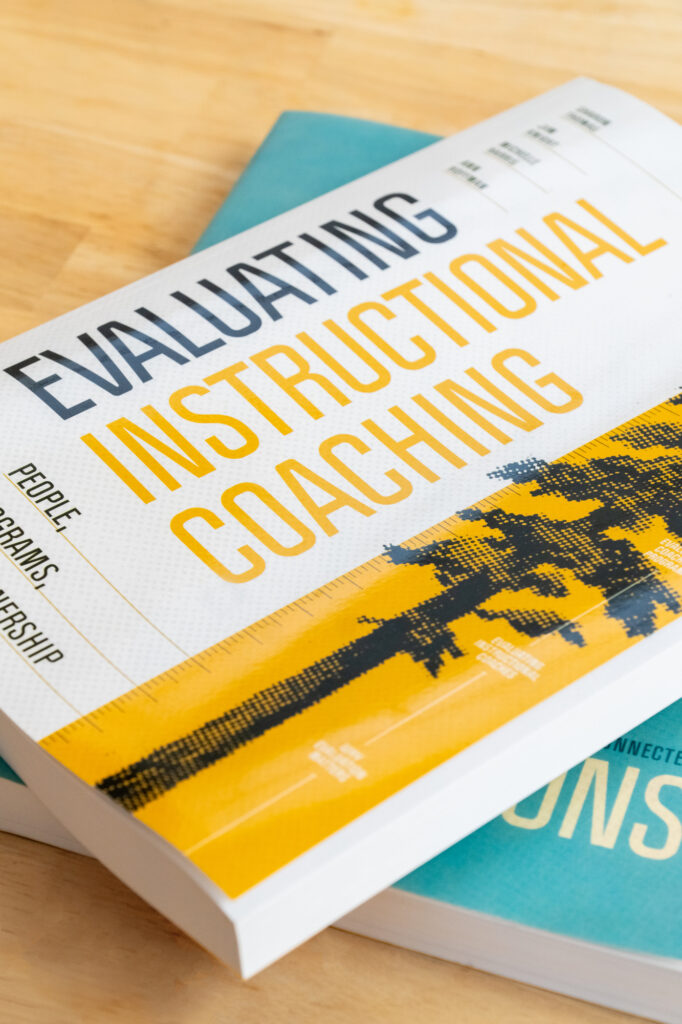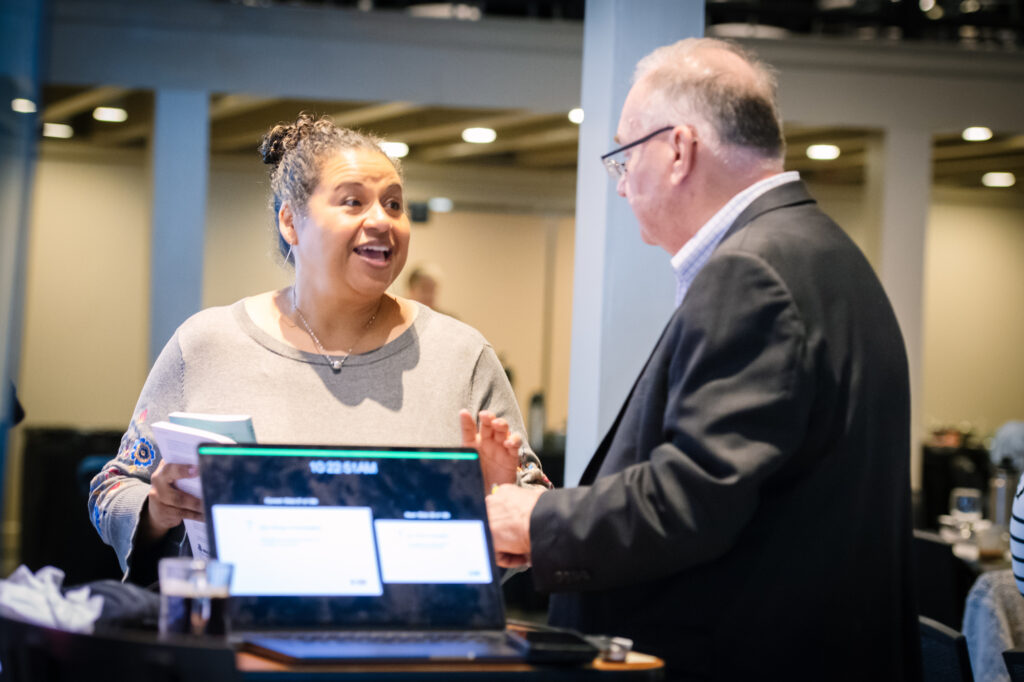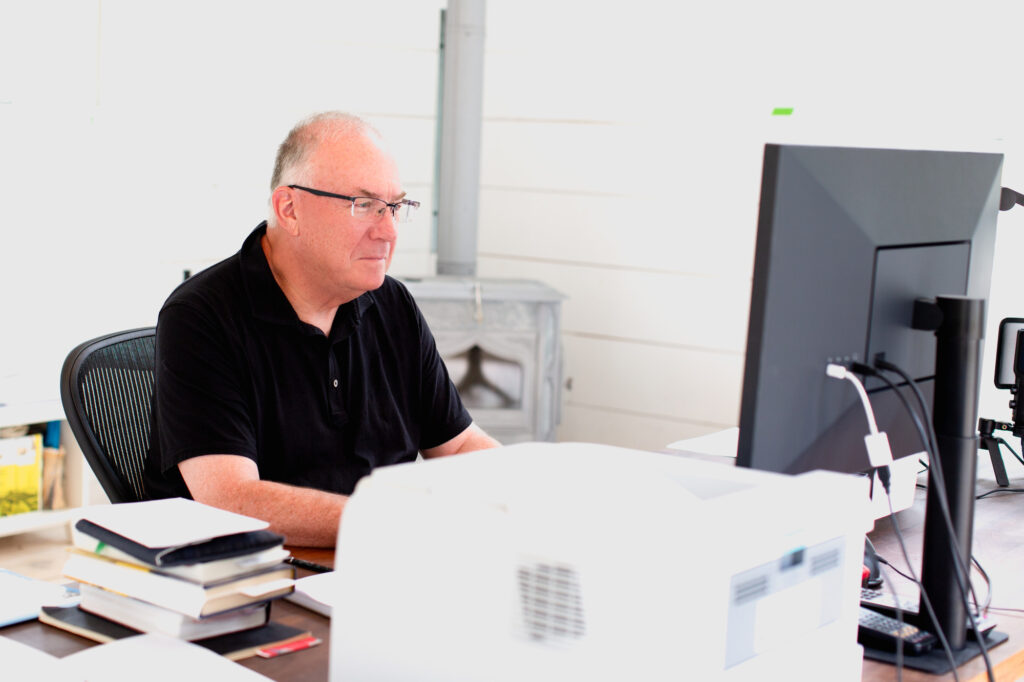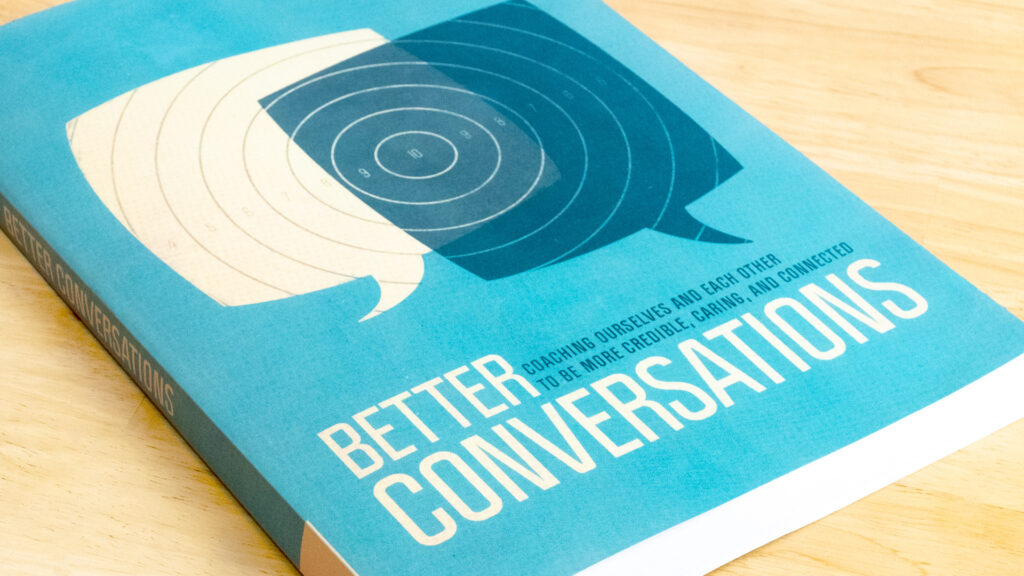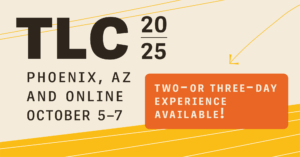I was recently honored to be a guest on the Run Your Life Show podcast with Andy Vasily. Andy interviews leaders in education and other experts, delving into how their lives have shaped who they are and the work they do.

We talked about everything from my early beginnings as a non-committed student, my time mountain climbing in Jasper, and the genesis of instructional coaching. It was a fun conversation that gives a glimpse of my journey in education, as well as the principles that have driven ICG’s work for over 20 years.
What is instructional coaching?
Instructional coaching is a partnership, a conversation between equals. The instructional coach is not there to assign tasks or mandate practices. An instructional coach helps apply the framework of the Impact Cycle so that teachers can get a clear picture of reality, set a PEERS goal, learn and develop strategies, and adapt until their goal is reached.
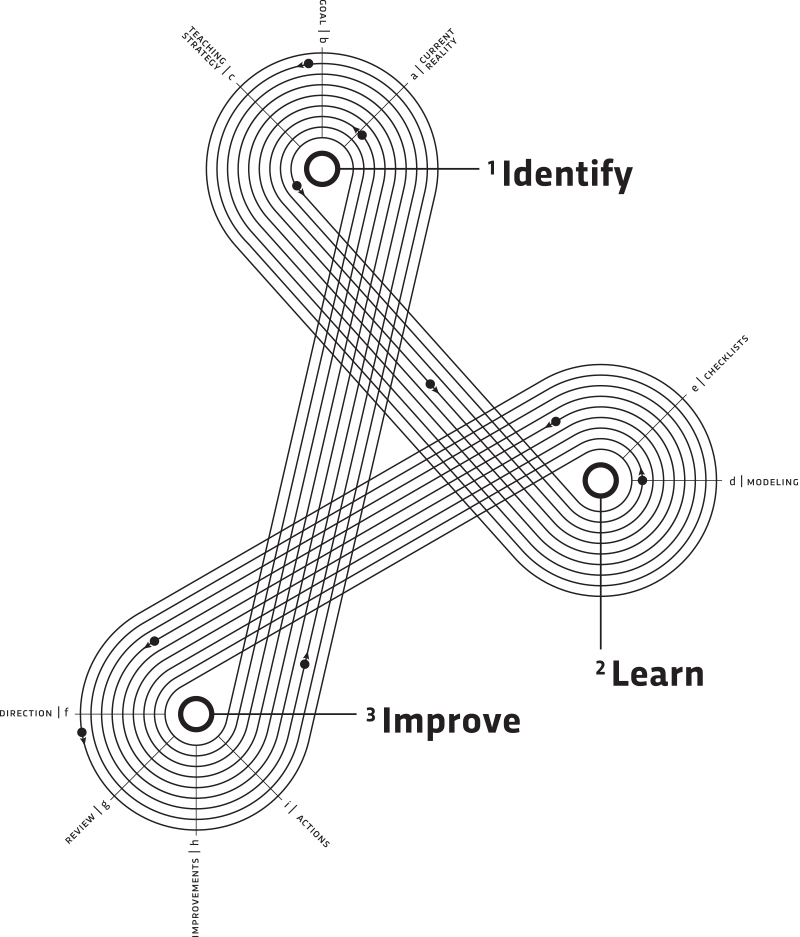
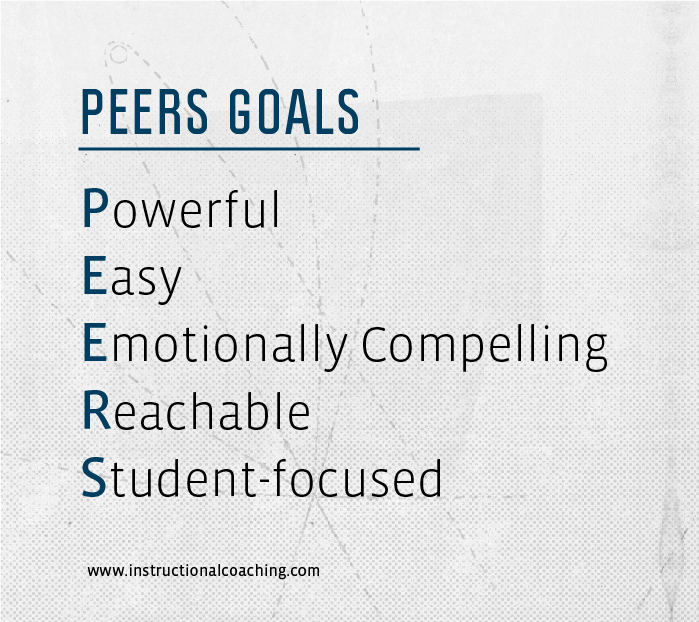
Different Types of Coaching
We also discussed the key differences in three types of coaching:
Facilitative coaching
Works from the assumption that the teacher already knows what to do, but needs a sounding board to facilitate their existing knowledge into practice
Directive coaching
Works from the assumption that the teacher does not know what to do, and the coach needs to direct the teacher’s actions
Instructional coaching uses a partnership approach to bridge the gap between these two categories and create a new category
Dialogical coaching
Teachers and coaches work together as partners and equals
Andy asked a great question in the interview about when to offer expertise in dialogical coaching. It can be a complex decision, but often in dialogical coaching, a teacher will be clear about when they want to hear your expertise. And a coach’s ideas should be presented as equal to any ideas the teacher has. The Partnership Principles are the foundational element of dialogical coaching.
The Partnership Principles
The Partnership Principles are a set of 7 principles that we strive to embody in our actions as coaches. If both partners in an instructional coaching relationship accept these principles, it sets the groundwork for an empowering, supportive, and transformational experience for teachers and students.
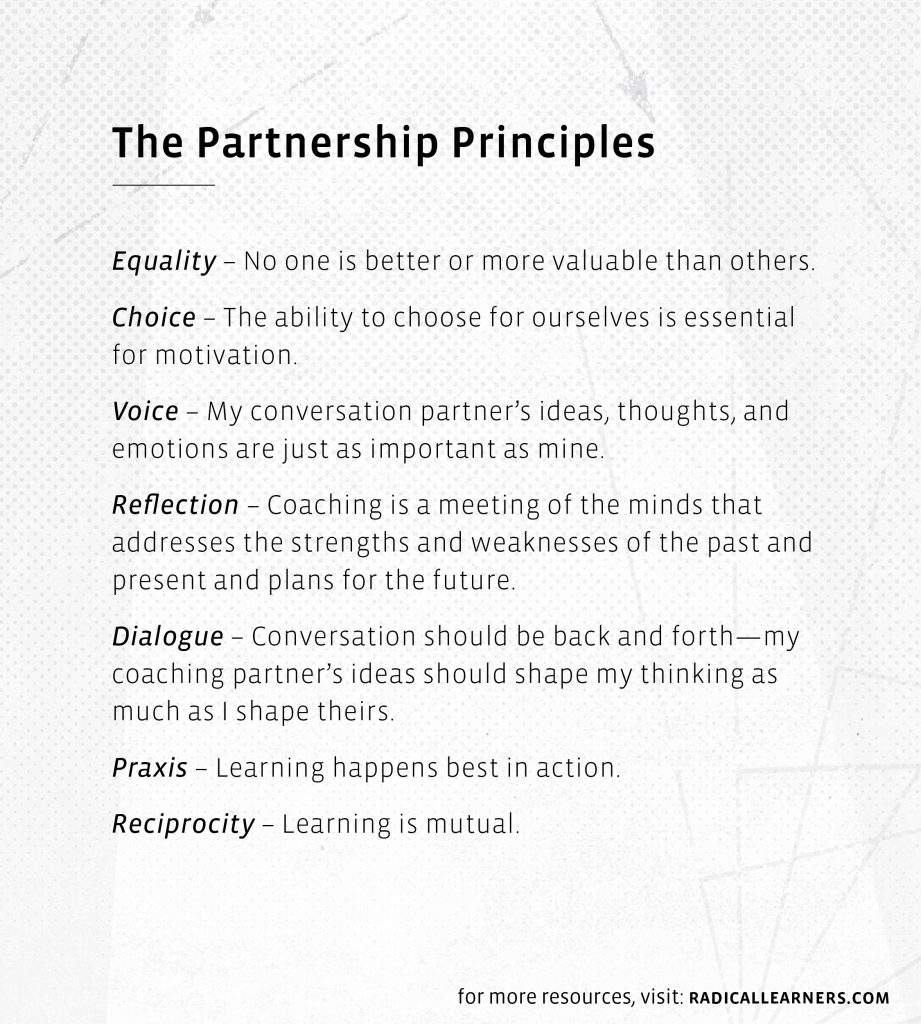
Why Focus on Conversations and Authenticity?
I don’t think I’m very good at communication, so I have a lot of room for growth. This desire to improve my own communication inspired Better Conversations. Reality forces us to change. If you want to be something that you are not, you are compelled to change to become what you want to be. I wrote Better Conversations not because it’s who I am but because it’s who I want to be. The beliefs and habits explored in the book are what ensure that we have better conversations where both partners share challenges, expertise, and goals
The Role of Educational Leaders
Everyone has their own leadership styles, but inevitably, modeling becomes a critical part of a leader’s role. Andy gave the example of modeling vulnerability in order to ensure staff have the trust to be authentic themselves. Instead of starting with what you’re modeling, beginning with clarity around your principles and your purpose will produce authentic vulnerability and confidence. If you really want what’s best for kids, then your actions will show that. It’s not about you, and because of that, fear doesn’t drive your actions.
In a professional environment, there is a differentiation of power to be aware of. When a teacher becomes a principal, the other teachers treat them differently. Friendships with a power disparity are different than those between peers or friendships between non-professionals. In order to be effective, leaders must accept and prepare for this dynamic and remain focused on the reasons they are there in the first place.
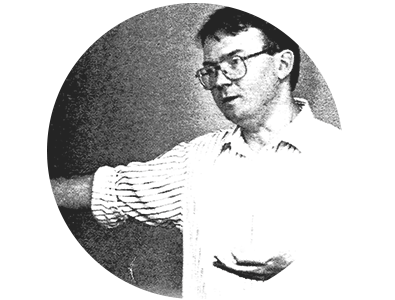
A Beginner’s Mindset
The foundation for ICG’s work is a beginner’s mindset when approaching opportunities for learning. I’m a learner, and I’m always in pursuit of new ideas. I like to synthesizing what I’ve learned and explain it. Recounting the early days of instructional coaching to Andy, I recalled coming to the University of Kansas because I was interested in their work with children with learning disabilities. Learning about Michael Fullan’s work got me to think about our relationship with teachers. Remembering the first study where someone said, “We can’t just do a workshop, we have to be in the room, modeling these teaching practices and improvising important feedback,” I can see that the desire to learn and grow led me to write the first article on “learning consultants,” which evolved into instructional coaching.
While the Partnership Principles have remained largely the same, instructional coaching continues to adapt. Improvement is a defining element of what we do, and we need to exemplify that. New challenges will arise. New tools and technology will change how we partner with educators. Learning about these new things with an open mind will ensure that instructional coaching continues to have an impact in the lives of students.
Listen to the full podcast and feel free to share your thoughts here in comments section below.







